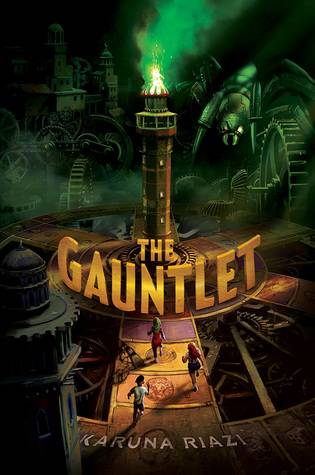

“Because no one wants to hear stories like that,” I told her. (There were a good hundred of them, sometimes just a beginning I thought was clever or a giddy paragraph or two describing a dress or a palace or whatever currently dwelled in my mind thanks to fairy tale retellings and TV shows.) I had burst into tears, in front of my mother at that very age, when she asked me why I never seemed to reach into my own experiences and faith and background for the stories I pecked out on the family desktop.


If you had asked me when I was Farah’s age whether or not I thought I could do what I’ve done now, willingly piecing together a character with a similar family and love of board games and hijaab on her head (no reluctance to describe it, no hesitation or quick press on the delete key to remove that telling detail), I would’ve thought you were teasing me.

I am not sure if it is because I do not articulate myself properly – how deeply that sentence is rooted, all the ways in which it branches off, thin and fresh and hopeful for some responding reaction from the soil surrounding it to encourage it to dig deeper, think bigger, live freely – or if they do not entirely understand how much it has taken for me to write a book, this book, sitting on their lap or on mine, turned open to a page that is polished and typeset and gives no hint at the tumultuous first draft that it stands on.įarah is the first Muslim character I have ever written. I tell people this all the time, and they blink and nod and smile. We are delighted to be hosting its author today to talk about the experience of writing the book. I recently read and loved The Gauntlet by Karuna Riazi, a Middle Grade book that is a mix of Jumanji and The Wizard of Oz, featuring a Muslim protagonist.


 0 kommentar(er)
0 kommentar(er)
